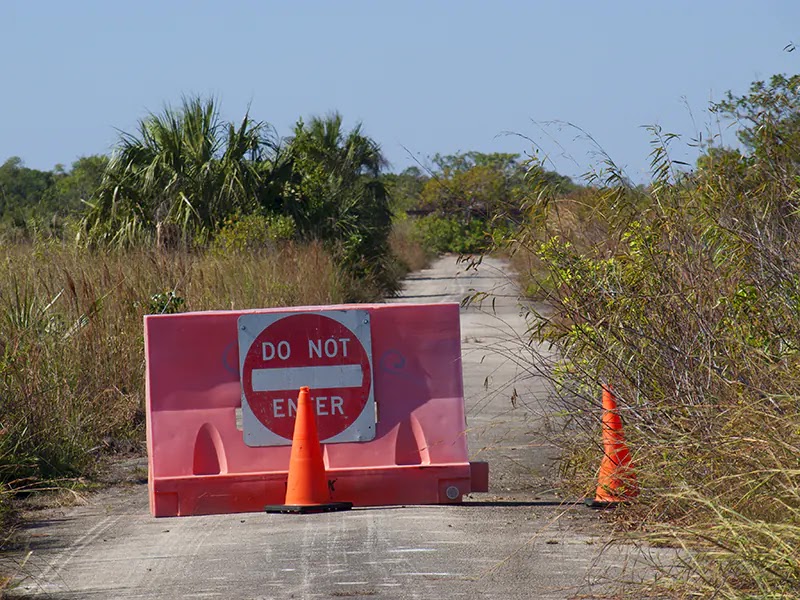Forgotten Books: The journal of Hugh Clapperton and Richard Lander on their second expedition through West Africa
 |
| Hugh Clapperton painted by Gildon Manton - From Clapperton's journal published in 1828. |
This is the journal of the second expedition of Hugh Clapperton to the interior of Africa published in 1828 under the name: Journal of a Second Expedition into the Interior of Africa from the Bight of Benin to Soccatoo.
The journal covers until the point of Clapperton's death. The aftermath is described by Richard Lander, who also brough back the Clapperton's journal to England - he was the only survivor.
Clapperton's first expedition was in 1824. The second one began a year later and also reached Sokoto - Sakkwato in the local language -, but this time he entered through the Bight of Benin and went through the Yoruba lands.
These were times of expansion for the Sokoto Caliphate - or Fulani Empire - and the religion of Islam through West Africa. Sokoto was at war with the Bornu Empire and Clapperton was stopped by Muhammed Bello, the Second Caliph.
Hugh Clapperton got sick with malaria and died in 1827.
His journal offers interesting first-hand accounts of the Hausa states, the Fula people and the caliphate. It also talks about the spot where Mungo Park was attacked and died - Clapperton crossed the Niger River (also called Quorra or Kworra) by this point.
Some excerpts from the journal with links that provide general context.
On the Yoruba people
The people of Katunga are fond of ornamenting their doors, and the posts which support their verandahs, with carvings; and they have also statues or figures of men and women, standing in their court yards. The figures carved on their posts and doors are various; but principally of the boa snake, with a hog or antelope in his mouth;...the natives of that country often come and steal people from the neighbouring towns to sell into slavery.When we told him that a white man had only one wife, he and the whole people, with his wives, laughed immoderately.When a king of Yourriba dies, the caboceer of Jannah, three other head caboceers, four women, and a great many favourite slaves and others, are obliged to swallow poison, given by fetishmen, in a parrot’s egg: should this not take effect, the person is provided with a rope to hang himself in his own houseThe religion of the people of Yourriba, as far as I could comprehend it, consists in the worship of one God, to whom they offer sacrifices of horses, cows, sheep, goats, and fowls. At the yearly feast all these animals are sacrificed at the fetish house, in which a little of the blood is spilt on the ground. The whole of them are then cooked; and the king and all the people, men and women, attending, partake of the meat, which they are said to eat in a state of nakedness, and in company, drinking...it depends on the will of the fetish man or priest whether a human being, or a cow, or other animal is to be sacrificed. If a human being, it is always a criminal, and only one.The commerce of this country is almost entirely confined to slavesThe government of Yourriba is hereditary, and an absolute despotismThey destroy wild animals with poisoned arrows, one of which they pretend to say will kill an elephant in about an hour.I had a present of five alligators’ eggs sent me by the governor; they are only eaten by the principal people, and considered a great delicacy: they were brought from the banks of the Quorra....it is the universal belief that all those who are sold to the whites are eaten; retorting back on us the accusation of cannibalism....the slave trade was the ruin of Africa; that Yourriba presented nothing but ruined towns and deserted villages, and all caused by the slave-trade; that it was very bad to buy and sell men like bullocks and sheep.
On the Fula people
In addition to the white flag, the Fellatas were to wear a white tobe, as an emblem of their purity, and their war-cry was to be Allahu Akber! or, God is great! That everyone who was wounded, or fell in battle, was sure to gain paradise.Before he gathered the Foulahs, or Fellatas, under his government, they did not live in towns, but were scattered over the greater part of Soudan.I found in his hut, surrounded by Fellatas, one of whom was reading the Koran aloud for the benefit of the whole.All their prayers and religious expressions are in Arabic; and I may say without exaggeration, taking Negroes and Fellatas together, that not one in a thousand know what they are saying. All they know of their religion is to repeat their prayers by rote in Arabic......and calling me a Kaffir, threatening to eat me....it is quite lawful in any way to abuse, rob, or kill an unbeliever......skirting along the banks of the lake. Saw the traces of elephants every where, and last night the lions were roaring close to the camp.The cry of “Allahu Akber,” or, “God is great,” was resounded through the whole army every quarter of an hour at least (this is the war-cry of the Fellatas)The city of Soccatoo stands on the top of a low hill, or rising ground, having a river passing at a short distance from the northern wall.... are at present eleven gates into Soccatoo,
On the city of Timbuktu
Timbuctoo produces no gold, it being only the great market where all the gaffles from the north and east meet those of the south and west
Richard Lander about the dead of Clapperton
My master grew weaker daily, and the weather was insufferably hot, the thermometer being, in the coolest place, 107 at twelve in the morning, and 109 at three in the afternoon.He swallowed eight drops of laudanum, four times a day, for three days; but finding it did him not the least benefit, he discontinued taking it altogether: this, with the exception of two papers of Seidlitz powders and four ounces of Epsom salts, was the only medicine he had during his illness....deeply affected with my lonesome and dangerous situation; a hundred and fifteen days’ journey from the sea-coast, surrounded by a selfish and cruel race of strangers, my only friend and protector mouldering in his grave, and myself suffering dreadfully from fever.
Richard Lander died in Africa in 1834 from gangrene after being shot in the leg during an attack by natives.
This book is available in Amazon - this link is affiliate.



Comments
Post a Comment